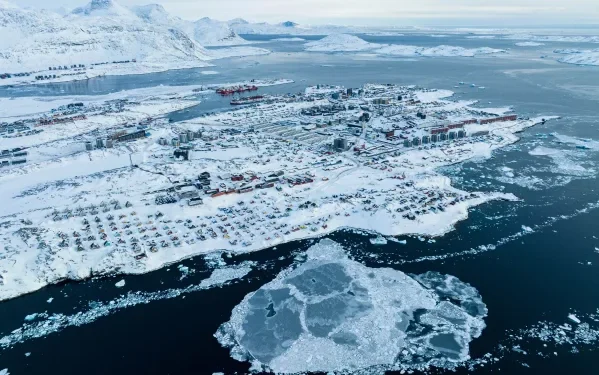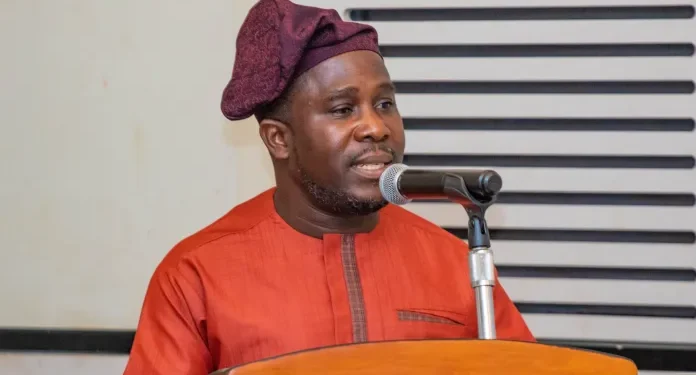Russia has expressed confidence that India will continue to import its crude oil, even as New Delhi faces steep tariff penalties from Washington and growing criticism from U.S. officials over its energy trade with Moscow.
Speaking to reporters in New Delhi, Evgeny Griva, Russia’s deputy trade representative in India, said India’s imports of Russian oil are unlikely to decline despite escalating U.S. pressure.
“We expect India to maintain its current levels of crude purchases. Russia continues to provide reliable supplies at competitive rates, and this remains mutually beneficial.”
Evgeny Griva, Russia’s deputy trade representative in India
The comments come at a time of heightened tariff tensions between the U.S. and India. President Donald Trump has already imposed a 25 percent tariff on Indian goods, with plans to double it to 50 percent by August 27, a move that risks rendering India’s $85 billion worth of annual exports to the U.S. uncompetitive.
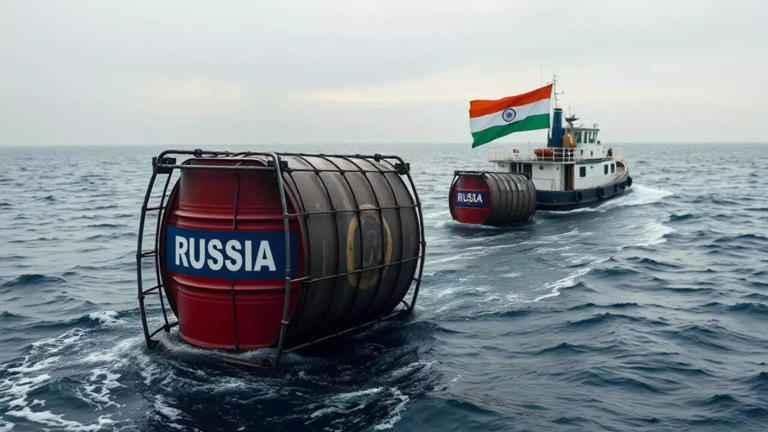
According to Washington, half of this penalty is directly linked to India’s ongoing purchases of Russian crude, which U.S. officials argue provide Moscow with vital revenues to sustain its war in Ukraine.
India, however, has strongly defended its position. Officials in New Delhi insist the decision to purchase Russian crude is an economic necessity, not a political statement.
Calling the tariffs “unreasonable,” Indian authorities argue that buying discounted oil helps the country contain inflation and manage its energy costs.
Russia currently offers oil to India at about a five percent discount, according to Griva, making it difficult for Asia’s third-largest economy to source comparable deals elsewhere.
The discounted imports have allowed India to keep domestic fuel prices relatively stable while supporting broader efforts to curb inflation.
Shifting Alliances Amid Tariff Tensions
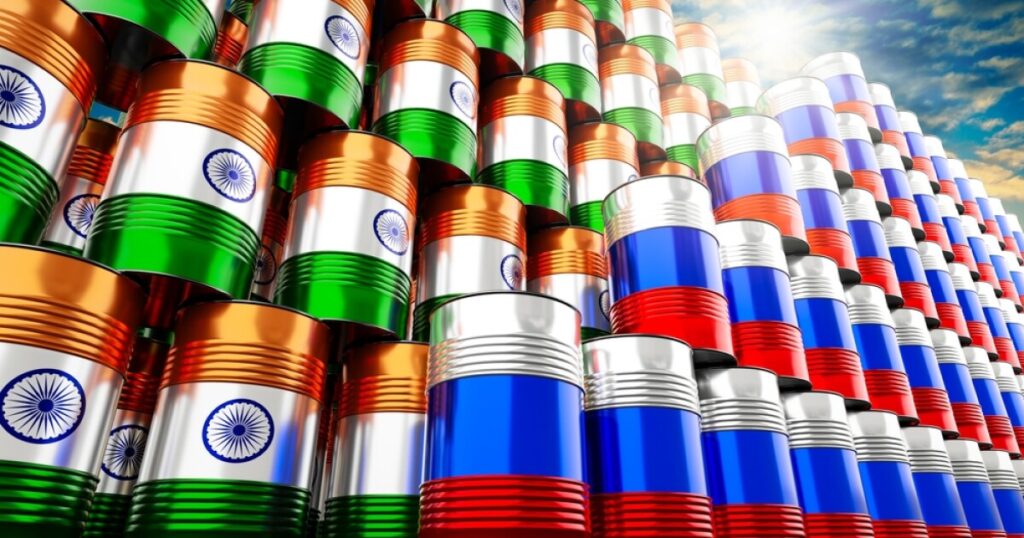
The dispute has injected fresh strain into U.S.-India relations at a time when Washington had hoped to deepen strategic ties with New Delhi.
Prime Minister Narendra Modi has sought to balance between maintaining strong economic links with the United States, India’s largest trading partner, and preserving its longstanding ties with Russia.
Earlier this week, Modi referred to President Vladimir Putin as a “friend” after a phone call between the two leaders, signaling closer alignment with Moscow despite U.S. criticism.
New Delhi is also bolstering ties with Beijing, with Modi expected to visit China in late August, his first trip there in seven years for talks with President Xi Jinping.
Meanwhile, India’s External Affairs Minister, Subrahmanyam Jaishankar, is in Moscow on a three-day visit to co-chair bilateral talks covering trade, science, and other areas of cooperation.
U.S. officials have remained unyielding. Treasury Secretary Scott Bessent reiterated Washington’s position on Tuesday, warning that additional duties on Indian goods were “secondary tariffs for buying the sanctioned Russian oil.”
He accused India of “profiteering” from the trade, claiming that “some of the richest families in India” were the ones benefitting most.
Oil Imports and Economic Stakes
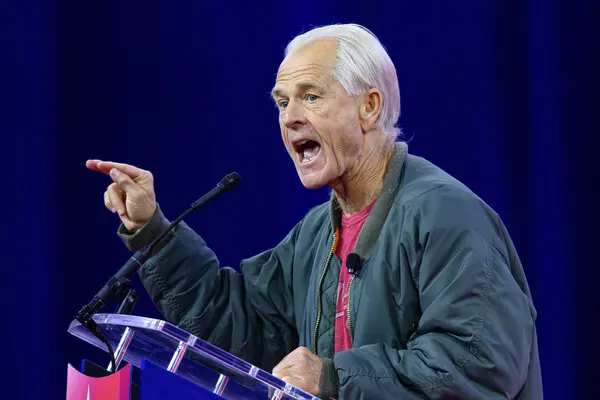
Until 2022, India sourced the majority of its crude oil from the Middle East and had minimal engagement with Russian suppliers.
However, Russia’s full-scale invasion of Ukraine and the subsequent $60-per-barrel price cap imposed by the Group of Seven (G7) nations shifted global energy trade flows. With Western buyers stepping back, Moscow turned to Asia, and India emerged as a leading customer.
By mid-2025, India was importing around 1.7 million barrels of Russian crude daily nearly 37% of its total overseas purchases.
Although state-run refiners briefly paused some purchases earlier this month due to U.S. tariff threats, they have since resumed buying, underscoring New Delhi’s reliance on Russian supplies.
Russia, for its part, has signaled a willingness to expand its support for India beyond energy. Roman Babushkin, a senior Russian diplomat based in India, suggested Moscow could increase imports of Indian goods that are impacted by U.S. tariffs.
He also hinted at deeper defense cooperation, including potential assistance in helping India manufacture jet engines domestically.
“Bilateral trade between India and Russia is projected to grow by about 10 percent annually.
“Our cooperation is not just about oil, but about building a broader and stronger economic partnership.”
Evgeny Griva, Russia’s deputy trade representative in India
For now, the standoff underscores how global energy politics continues to reshape alliances.
Whether India can navigate the competing demands of Washington and Moscow without damaging its own economic stability remains a defining question for the months ahead.
READ ALSO: Ghana Set to Smash All 2025 Economic Targets – IC Research Hails Strong H1 Performance













